General Secretary Nguyen Phu Trong's article commemorating the 94th anniversary of the Party's founding once again clarifies and establishes the socialist-oriented market economic model that Vietnam pursues .
Modern, integrated economy, following market rules
Putting forward the concept of developing a socialist-oriented market economy is a very fundamental and creative theoretical breakthrough of our Party, an important theoretical achievement after nearly 40 years of implementing the renovation policy, originating from Vietnam's reality and selectively absorbing world experience.
The General Secretary affirmed that the socialist-oriented market economy is a modern, internationally integrated market economy, fully and synchronously operating according to the laws of the market economy, under the management of the socialist rule-of-law state, led by the Communist Party of Vietnam; ensuring socialist orientation, aiming at the goal of a rich people, a strong country, and a fair, democratic, and civilized society.
It is a new type of market economy in the history of market economy development; a type of economic organization that both follows the laws of the market economy and is based on and guided and governed by the principles and nature of socialism, expressed in all three aspects: Ownership, management organization and distribution. This is not a capitalist market economy and is not yet a fully socialist market economy (because our country is still in the transition period).
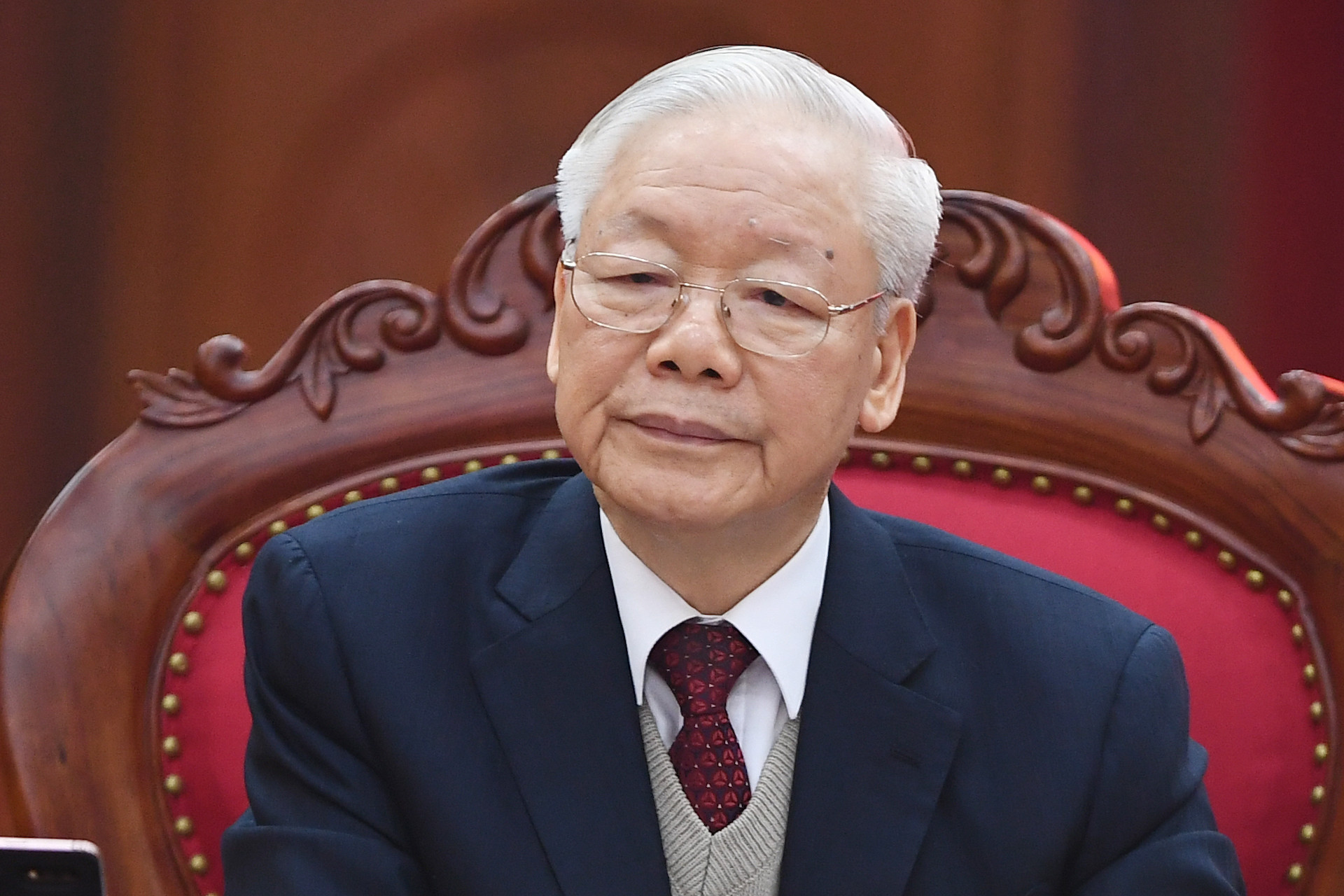 |
| General Secretary Nguyen Phu Trong: The socialist society that the Vietnamese people are striving to build is a society of rich people, strong country, democracy, equality and civilization. Photo: Hoang Ha |
In a socialist-oriented market economy, there are many forms of ownership and many economic sectors. Economic sectors operating under the law are all important components of the economy, equal before the law, developing together in the long term, cooperating and competing healthily.
In which, the state economy plays a leading role; the collective economy and cooperative economy are constantly consolidated and developed; the private economy is an important driving force of the economy; the economy with foreign investment capital is encouraged to develop in accordance with the strategy and planning for socio-economic development. The distribution relationship ensures fairness and creates momentum for development; the distribution regime is implemented mainly based on labor results, economic efficiency, and at the same time according to the level of capital contribution and other resources and distributed through the social security and social welfare system. The State manages the economy by law, strategy, planning, plans, policies and material forces to orient, regulate and promote socio-economic development.
A basic characteristic, an important attribute of the socialist orientation in the market economy in Vietnam is to link the economy with society, unify economic policies with social policies, economic growth goes hand in hand with implementing social progress and equity in every step, every policy and throughout the development process.
That means: Do not wait until the economy reaches a high level of development before implementing social progress and equity; and do not "sacrifice" social progress and equity to pursue purely economic growth. On the contrary, every economic policy must aim at the goal of social development; every social policy must aim to create a driving force for economic development; encouraging legal enrichment must go hand in hand with sustainable poverty reduction and hunger eradication, and taking care of those with meritorious services and those in difficult circumstances. This is a principled requirement to ensure healthy, sustainable development in the direction of socialism.
In the article, the General Secretary further affirmed: The socialist society that the Vietnamese people are striving to build is a society of rich people, strong country, democracy, fairness, and civilization; owned by the people; with a highly developed economy, based on modern productive forces and appropriate progressive production relations; with an advanced culture, imbued with national identity; people have a prosperous, free, happy life, with conditions for comprehensive development; ethnic groups in the Vietnamese community are equal, united, respect and help each other to develop together; there is a socialist rule-of-law state of the people, by the people, for the people led by the Communist Party; and has friendly and cooperative relations with countries around the world.
A long way
The above general perceptions were raised in the article "Some theoretical and practical issues on socialism and the path to socialism in Vietnam" by the General Secretary on May 16, 2021 on the occasion of the 131st anniversary of President Ho Chi Minh's birthday, firmly establishing the theoretical foundation for the country's development.
In fact, the concept of "socialist-oriented market economy" was officially introduced at the 9th Party Congress (April 2001) with the affirmation: Developing a socialist-oriented market economy is a consistent strategic line and a general economic model throughout the transition period to socialism in Vietnam.
This is the result of many years of research, exploration, and practical summary; and is a new step in the development of the Party's theoretical thinking.
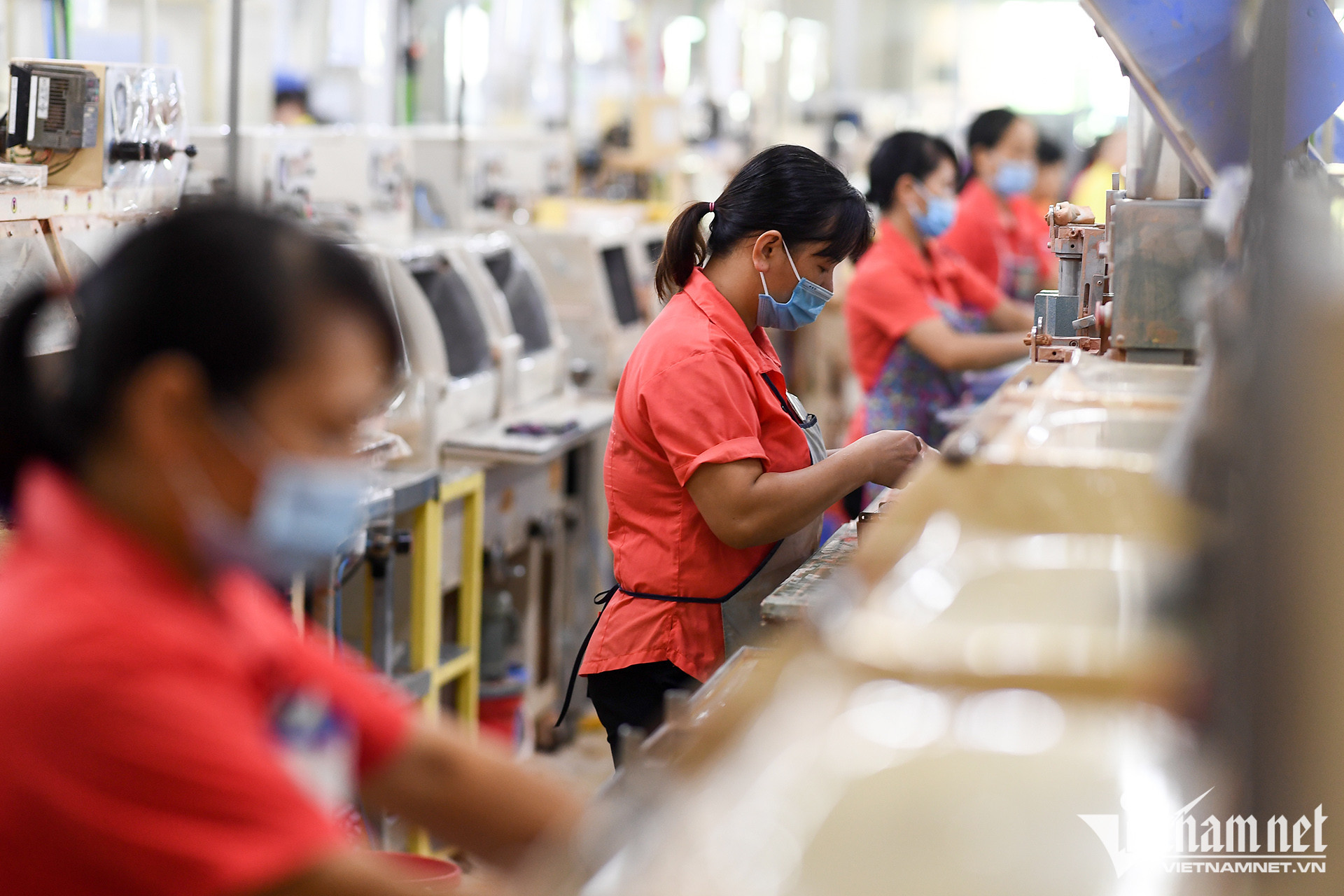 |
However, this concept has begun to be explored and applied since the 6th Congress in 1986, marking the spectacular Renovation and Opening program of our country, which was besieged, embargoed and suffered many losses in the wars for independence and national unification.
The 6th Central Conference (March 1989), Session VI, took a further step, putting forward the viewpoint of developing a planned commodity economy with many components moving towards socialism, considering "a multi-component economic policy of long-term strategic significance, with the law of moving from small-scale production towards socialism".
At the 7th Congress (June 1991), the Communist Party of Vietnam continued to clarify this policy and affirmed that this was a strategic policy, the path to socialism for Vietnam. The Party's platform for national construction in the transitional period to socialism affirmed: "Develop a multi-sector commodity economy with a socialist orientation, operating according to a market mechanism under the management of the State".
The 8th Party Congress (June 1996) made a very important new conclusion: "Commodity production is not opposed to socialism but is a development achievement of human civilization, an objective existence necessary for the construction of socialism and even when socialism has been built." But at that time, it only talked about commodity economy, market mechanism, and did not use the concept of "market economy".
In 2017, Resolution 11 of the 12th Congress Executive Committee on perfecting the socialist-oriented market economic institution set out the general goal: Continuing to perfect the socialist-oriented market economic institution to create a solid foundation for the successful construction and synchronous and smooth operation of the socialist-oriented market economy; contributing to mobilizing, allocating and using all resources most effectively to promote rapid and sustainable socio-economic development for the goal of "rich people, strong country, democracy, fairness and civilization".
Up until the 13th National Party Congress, the Party continued to set the task of synchronously perfecting the institutions for developing a socialist-oriented market economy as one of the "strategic breakthroughs" in this term.
Accordingly, it is necessary to synchronously perfect the development institutions, first of all the institutions for developing a socialist-oriented market economy. Innovate national governance in the direction of modernity and effective competition. Focus on prioritizing the synchronous, high-quality completion and good implementation of the legal system, mechanisms and policies, creating a favorable, healthy and fair investment and business environment for all economic sectors, promoting innovation; mobilizing, managing and effectively using all resources for development, especially land, finance, public-private partnership; promoting decentralization and delegation of authority reasonably and effectively, while strengthening inspection, supervision and control of power through the legal system.
In addition, the Resolution requires continuing to grasp and handle well the major relationships: The relationship between stability, innovation and development; between economic innovation and political innovation; between following market rules and ensuring socialist orientation; between developing productive forces and building and gradually perfecting socialist production relations; between the State, the market and society; between economic growth and cultural development, implementing social progress and justice, protecting the environment; between building and protecting the socialist Fatherland of Vietnam; between independence, autonomy and international integration; between Party leadership, State management and people's mastery; between practicing democracy and strengthening the rule of law, ensuring social discipline. In perceiving and resolving major relationships, it is necessary to pay more attention to ensuring socialist orientation; building and perfecting progressive and appropriate production relations; developing culture, implementing social progress and justice, protecting the environment; protect the socialist Fatherland; maintain independence, autonomy and promote people's mastery.
Recalling such a long theoretical journey, we can see that the concept of a socialist-oriented market economy has been clarified in the General Secretary's article.
The article affirms: The more we go into practical guidance, the more our Party realizes that the transition to socialism is a long-term, extremely difficult and complicated undertaking, because it must create profound qualitative changes in all areas of social life. Vietnam moved to socialism from a backward agricultural country, bypassing the capitalist regime; the productive forces were very low, and it had to go through decades of war, with very serious consequences; hostile forces constantly sought to sabotage, so it was even more difficult and complicated, therefore it was necessary to go through a long transition period with many steps, many forms of economic and social organization intertwined, with a struggle between the old and the new. To say that bypassing the capitalist regime means bypassing the capitalist regime of oppression, injustice and exploitation; ignore bad habits, institutions, and political systems that are not suitable for the socialist regime, not to mention ignoring the achievements and civilized values that humanity has achieved during the period of capitalist development. Of course, the inheritance of these achievements must also be selective from a scientific and developmental perspective.
According to vietnamnet.vn
.
Source




![[Photo] Prime Minister Pham Minh Chinh starts construction of vital highway through Thai Binh and Nam Dinh](https://vphoto.vietnam.vn/thumb/1200x675/vietnam/resource/IMAGE/2025/5/12/52d98584ccea4c8dbf7c7f7484433af5)
![[Photo] Prime Minister Pham Minh Chinh works with the Standing Committee of Thai Binh Provincial Party Committee](https://vphoto.vietnam.vn/thumb/1200x675/vietnam/resource/IMAGE/2025/5/12/f514ab990c544e05a446f77bba59c7d1)
![[Photo] Prime Minister Pham Minh Chinh receives Swedish Minister of International Development Cooperation and Foreign Trade](https://vphoto.vietnam.vn/thumb/1200x675/vietnam/resource/IMAGE/2025/5/12/ae50d0bb57584fd1bbe1cd77d9ad6d97)








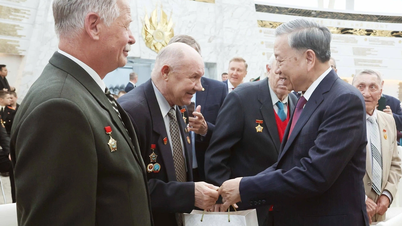

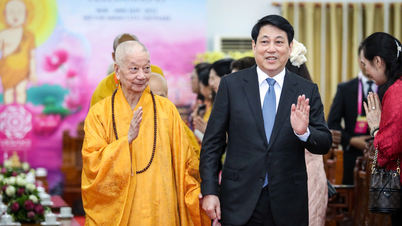

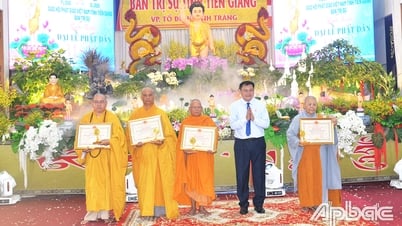
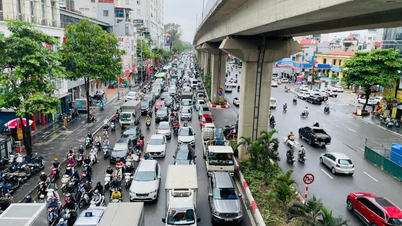


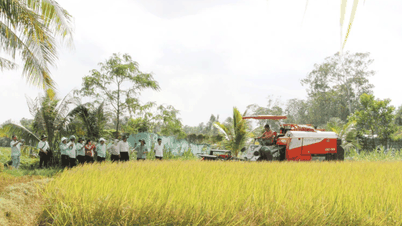





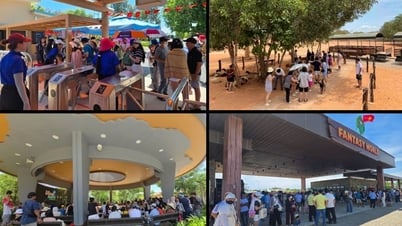



























































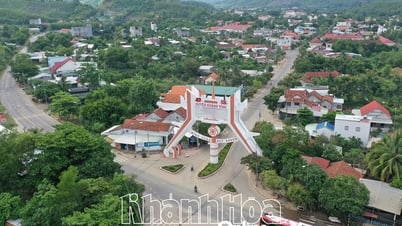










Comment (0)